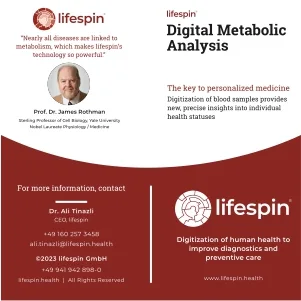Dubai, UAE- February 2024: According to the World Health Organization (WHO), approximately 2.5 billion people worldwide are estimated to have some form of hearing loss by 2050, and at least 700 million will need hearing rehabilitation services by that time. Hearing loss can be caused by several factors, including infections, chronic diseases, environmental damage, age, and genetics.
The genetics component of hearing loss was in focus at the opening session of the Clinical Genomics Interpretation Track at the Medlab Middle East Congress. Led by Dr Sami Samir-Amr, an Assistant Professor in the Department of Pathology at Brigham and Women’s Hospital and Harvard Medical School and Associate Director of MGB Laboratory of Molecular Medicine, the session discussed ‘Interpretation for clinical hearing loss testing: Tackling gene curation and variant classification in a genetically and phenotypically heterogeneous disease area’.
Dr Samir-Amr said at the session: “Next-generation sequencing has been used to test for genetics-related hearing loss since around 2011. Currently, there are approximately 400 genes associated with hearing loss, with 84 genes associated with non-syndromic hearing loss, and the remaining with syndromic hearing loss.”
Genetic testing for hearing loss analyses a person’s DNA to identify if any changes that are present are known to cause hearing loss. Identifying a gene can assist health practitioners with treatment plans and provide information on how the condition may progress over time. Syndromic hearing loss means that hearing impairment is associated with other conditions, with up to 30% of hereditary hearing impairments falling under this category. Nonsyndromic hearing loss is a partial or total loss of hearing that is not associated with other symptoms. Not all the genes that cause hearing loss are currently known.
Also Read: NextGen Tech and Exhibitor Boom: Medlab Middle East Prepares
According to Dr Samir-Amr, the reduced cost of sequencing and breakthroughs in genetics research have enabled laboratories to examine a wider panel of genes in recent years, which has led to an increased diagnostic rate. However, many patient reports are inconclusive or negative.
Dr Samir-Amr concluded: “Currently, there are several challenges in the field of genetics testing for hearing loss, including limited evidence for genetic variants and discrepancies in gene-disease associations and variant assessments between laboratories.”
The 23rd edition of the Medlab Middle East Congress has hosted a selection of multi-disciplinary sessions in laboratory medicine that provide up to 27.75 CME credits and up to 19 CPD credits, exceptional education, and management solutions to help lab professionals advance their skills and improve service and care in the region.












